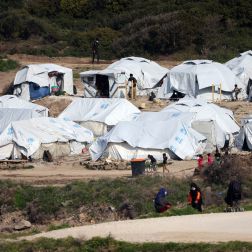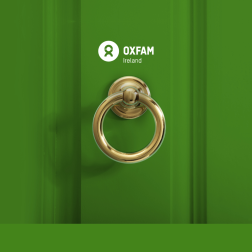- 3 mins read time
- Published: 29th July 2013
We need more women in positions of power
Should we care?
Judging by recent antics in Dáil Éireann, quite a bit. Far too many Irish men and women fought for the right to our own parliament in Dublin, only for us then to exclude a whole section of Irish society. More women in the Dáil should shake up things for the better.
New quotas that ensure women make up 30% of party candidates in the next general election should make sure of this. And the experience of other countries is that this is a pretty good thing.
Countries with women in parliament pass the kind of laws that benefit everyone but are often neglected by men. Take Rwanda, where 56% of all seats in parliament are held by women. In 2009 it passed a law that criminalised sexual harassment, domestic violence and marital rape, moving the issue of violence against women to the top of the political agenda. Compare this with neighbouring Uganda, where a proposed law to stop husbands raping wives was shelved in April. Then there’s DR Congo next door, described by one UN official as the “most dangerous place on earth to be a woman”.
Closer to home, Norway, where almost 40% of seats are held by women, men can take 10 weeks leave when their babies are born. Most share the extra time with their partners, making sure that Norwegian women do not have to sacrifice their careers for families, one of the big factors cutting into women’s pay.

But it’s not just in politics that more women would give a boost to decision making. Ireland’s economic recovery could also depend on having more women in business too.
Companies with women on their boards perform better in tough times. According to a study by Credit Suisse last year, they take on less debt and don’t take as many risks as companies pumping with testosterone. Imagine where the Irish economy might be if there were more women in the cabinet room on the night of the bank guarantee?
But women represent just 9.7% of the board members at the top 300 companies in Europe and account for less than 15% of all Fortune 1000 directors.
Norway already requires that all companies have 40% of their boards made up of women. Since they passed the law for this in 1998, studies have shown the presence of more women on boards has led to more focused and strategic decision making, not to mention a good deal less conflict.
And less bluster in Irish board rooms, and the Dáil, would be no bad thing.
Jim Clarken is chief executive of Oxfam Ireland and chair of Dóchas, the umbrella group of Irish development agencies.
Originally published in the Irish Sun on Sunday on 28/09/2013




